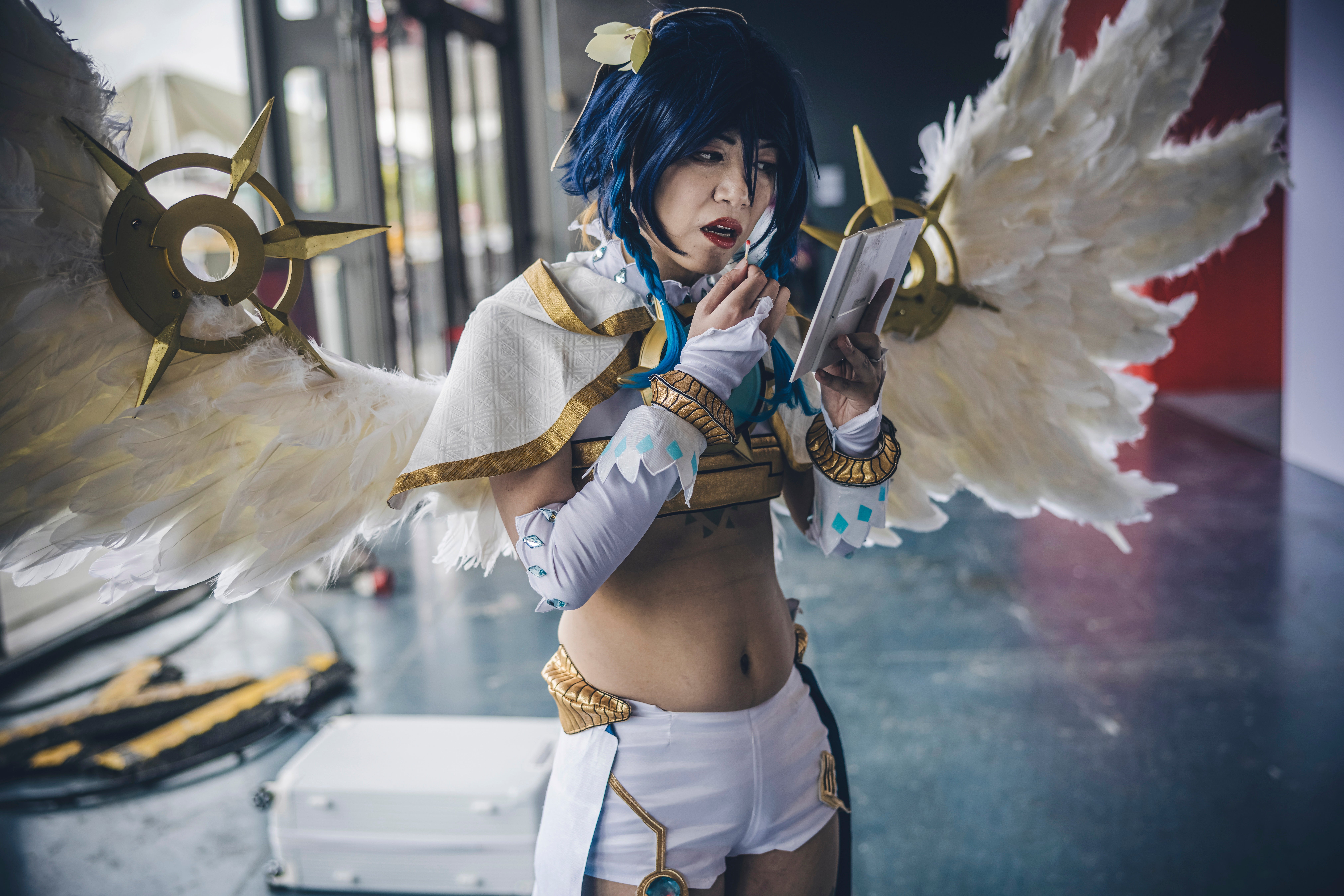China now wants cartoonists to produce ‘healthy’, porn-free content
Popular Japanese superhero series ‘Ultraman Tiga’ was removed from online streaming platforms after latest directive

Your support helps us to tell the story
From reproductive rights to climate change to Big Tech, The Independent is on the ground when the story is developing. Whether it's investigating the financials of Elon Musk's pro-Trump PAC or producing our latest documentary, 'The A Word', which shines a light on the American women fighting for reproductive rights, we know how important it is to parse out the facts from the messaging.
At such a critical moment in US history, we need reporters on the ground. Your donation allows us to keep sending journalists to speak to both sides of the story.
The Independent is trusted by Americans across the entire political spectrum. And unlike many other quality news outlets, we choose not to lock Americans out of our reporting and analysis with paywalls. We believe quality journalism should be available to everyone, paid for by those who can afford it.
Your support makes all the difference.Amid China’s attempts to revamp its entertainment industry, the country’s broadcasting regulator said it will encourage producers to create more “healthy” cartoons and bring an end to “violent, vulgar or pornographic” content.
The National Radio and Television Administration in a notice has directed agencies to only broadcast content that “upholds truth, goodness and beauty” as the main audience for cartoons are children and youngsters.
TV channels must “resolutely resist bad plots” and only broadcast “excellent cartoons with healthy content and promote truth, goodness and beauty”, the administration said in a statement on Friday.
The regulation applies to online as well as televised cartoon broadcasts. One of the first shows to be removed after the announcements was Ultraman Tiga. The popular Japanese superhero series was removed from online streaming platforms due to its “violent content”.
The move has led to widespread debate about Beijing’s censorship of online content across Chinese social media.
Over the past few months, the communist government has stepped up its campaign to clean up the country's entertainment industry. The Communist Party celebrated its centenary in July, when president Xi Jinping promised to enhance the party’s powers and strengthen the unity of its citizens.
The campaigns have been seen as a wide-reaching government push towards greater intervention in all aspects of China’s culture and economy. In recent months, Mr Xi’s government has taken action against “online idols” and promised tougher penalties for celebrities who engage in illegal or “lapsed morals”.
Earlier in September, China doubled down on its goal of shaping the country into having a more patriotic atmosphere by incorporating several sharp policy points that severely cracked down on “effeminate” culture and nudged towards glorifying more masculine portrayals in its entertainment industries. Beijing also banned fan accounts dedicated to Korean pop music sensation BTS on Chinese social networking platform Weibo.
The platform, in a statement, said it had banned 21 other fan accounts for 30 days for posting “irrational star chasing” content.
In 2018, China banned the popular children’s cartoon Peppa Pig from an online video channel for being associated with a “gangster” subculture.
Join our commenting forum
Join thought-provoking conversations, follow other Independent readers and see their replies
Comments